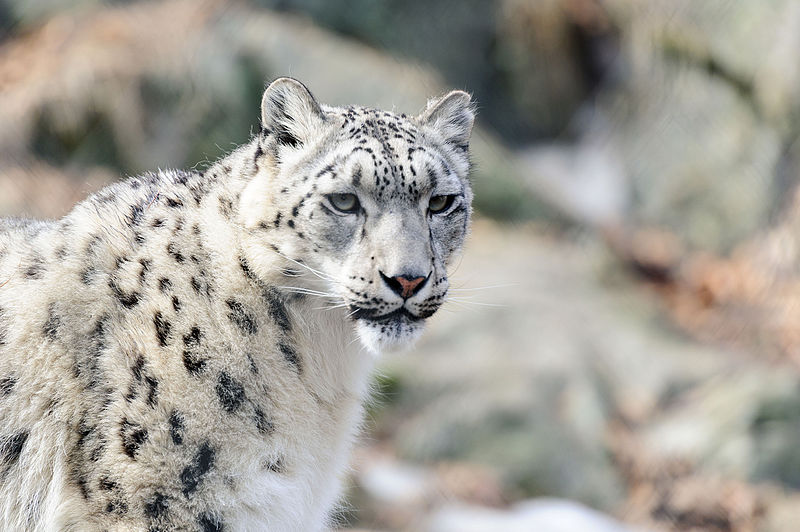
Threatened plants and animals, including elephants and pangolins are set to be protected thanks to new UK government funding announced today, Saturday 29 April.
Over 80 conservation projects across the globe will benefit from nearly £40 million funding aimed at boosting international biodiversity, supporting the communities that live alongside nature and tackling illegal wildlife trade.
Some of the successful projects include:
- Support for the International Snow Leopard Trust to provide specialised training to combat the poaching of snow leopards in countries like Kyrgyzstan, Mongolia, and Pakistan;
- Supporting the work of the Wildlife Conservation Society to reduce demand for collagen rich Pangolin scales in Traditional Chinese Medicine;
- Supporting the Zoological Society of London’s effort to create sustainable ways for humans and elephants to coexist in areas such as Thailand, where they are often in conflict.
Environment minister Trudy Harrison said:
“The fantastic projects announced today will enhance efforts to protect threatened wildlife, support economic growth of developing countries and drive nature recovery.
“The UK is a global champion when it comes to biodiversity and driving action to halt and reverse the decline of nature. I am proud that – through our Illegal Wildlife Trade Challenge Fund and the Darwin Initiative – we will continue to play a leading role in conservation efforts around the world.”
Dr Charudutt Mishra, from the International Snow Leopard Trust said:
“The snow leopard, an iconic species of Asia’s high mountains, is threatened by retaliatory killing due to their predation on livestock, and illegal trade of its pelt and other body parts. With support from the Illegal Wildlife Trade Challenge Fund, we are empowering local and indigenous communities of High Asia with livelihood and conflict management initiatives to enable them to better coexist with snow leopards, and to support conservation efforts.
“We are also helping rangers improve their capacity and motivation in Illegal Wildlife Trade disruption with training, resources and enhanced social recognition in three countries.”
Chair of the Darwin Expert Committee Professor E.J. Milner-Gulland said:
“I’m thrilled that the Darwin Initiative is funding such a wide range of outstanding projects, which will improve both biodiversity and human wellbeing in such a diversity of ways and in so many places. These projects bring fresh thinking and new ideas to conservation practice, produce evidence to support better conservation, as well as building the capacity of the next generation of conservationists around the world.
“It was a pleasure and honour to support Defra in their selection of these projects and I look forward to a new set of exciting proposals in the upcoming 30th round of the Darwin Initiative.”
The Darwin Initiative, a grants scheme to conserve and restore biodiversity and the communities that live alongside in developing countries, supported 63 of these successful projects with over £31.5 million funding. Projects will conserve nature-rich areas in developing countries and support communities who live and work in biodiverse areas to build resilience to climate change.
The Illegal Wildlife Trade Challenge Fund has supported 21 projects through £7.8 million funding to enhance the protection of threatened species. The projects will protect species including elephants, pangolins and threatened timber – and cement our leading role in cracking down on the £17 billion a year illegal wildlife trade which fuels corruption, deprives communities of sustainable livelihoods and degrades ecosystems.
The UK is a global leader in supporting efforts to halt the decline in nature, protect wildlife and restore the natural world. Our efforts will help to deliver on the ambitious new global deal for nature agreed at the UN Nature Summit COP15 in December, which will protect 30% of our land and ocean by 2030.
Today’s announcement also confirms that the launch of Round 10 of the Illegal Wildlife Trade Challenge Fund and Round 30 of the Darwin Initiative will be opening to applications in May 2023. Projects will soon be able to access up to a further £40 million funding building on the government’s commitment to combat biodiversity loss and improve animal welfare standards. Photo by Eric Kilby from Somerville, MA, USA, Wikimedia commons.



































